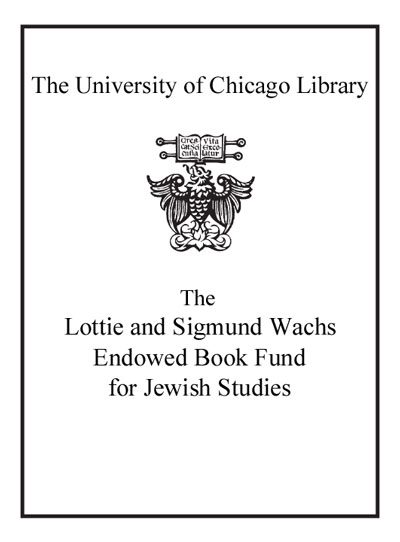Review by Choice Review
Himmelfarb (Princeton) engages the issue of Jewish identity by examining the relationship between "ancestry" and "merit" in Hellenistic, Roman, and rabbinic era Jewish texts. Pre-Maccabean texts assess whether the Jerusalem priesthood adequately honored its ancestry with the necessary scribal skills. Later the issue of ancestry versus merit spread to consider the status of all Jews. The Book of Jubilees denies the possibility of conversion to Judaism; ancestry establishes who is a Jew eternally. Several documents found at Qumran extend the position of Jubilees. They intensify the purity regulations to require all Jews to live as a kingdom of priests. Even Philo limits his allegorical exegesis of Torah in light of the ancestral, material reality of the Jerusalem sacrificial system. In contrast, a "sectarian" Judaism arose that rejected an ancestral definition of the Jews and the priesthood. For these Jews, Israel becomes defined solely by merit. In response to the fall of the Second Temple in 70 CE and the subsequent rise of Christianity, however, movements within Judaism progressively define the Jews by ancestry, though allowing conversion. ^BSumming Up: Recommended. All libraries with an interest in early Judaism and Christianity; upper-division undergraduates through faculty/researchers, and general readers. J. W. Wright Point Loma Nazarene University
Copyright American Library Association, used with permission.
Review by Choice Review

